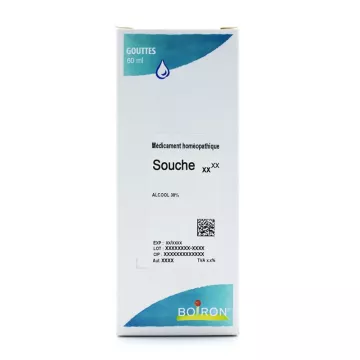



Urinary calculi are a painful but often preventable condition. By adopting a healthy lifestyle, maintaining adequate hydration and following a balanced diet, you can significantly reduce your risk. It's essential to consult a doctor for a proper diagnosis and treatment if you suspect the presence of urinary calculi. Taking care of your urinary health is a crucial step towards maintaining an optimal quality of life.
What are urinary calculi and how do they form?
Urinary calculi, also known as urinary lithiasis or kidney stones, form when crystallizable substances such as calcium, oxalate and uric acid accumulate in the urine and turn into solids. This condition can be caused by a variety of factors, including insufficient hydration, a diet high in salt or protein, and certain medical conditions.
What are the symptoms of urinary calculi?
Symptoms can vary, but often include intense pain in the back or side, under the ribs, pain on urination, pink, red or brown urine, frequent urination, nausea and vomiting. If you experience these symptoms, it's crucial to consult a doctor.
How can I prevent the formation of urinary calculi?
There are several key strategies for preventing urinary stones:
What are the treatment options for urinary calculi?
Treatments vary according to the size and type of stone:
Can diet influence the formation of urinary stones?
Absolutely. Contrary to popular belief, a diet rich in calcium can help prevent certain types of stones. However, it is crucial to moderate the intake of oxalate and animal proteins, which are linked to an increased risk of urinary calculi.
What is the link between water consumption and urinary stones?
Water consumption plays a crucial role in the prevention of urinary calculi. Insufficient hydration can lead to a higher concentration of minerals in the urine, increasing the risk of crystallization and stone formation. Drinking enough water to produce at least 2 liters of urine a day helps dilute substances that can form stones.
Are there specific risk factors for urinary calculi?
Yes, several factors can increase the risk of developing urinary stones, including :
Can urinary calculi recur?
Yes, people who have already had urinary calculi have a higher risk of developing new ones. Up to 50% of individuals may develop new stones within five to ten years of the first episode. Regular medical supervision and the adoption of preventive measures are essential to minimize this risk.
How are urinary calculi diagnosed?
Diagnosis of urinary calculi can involve several methods:
What lifestyle changes are recommended for people prone to urinary calculi?
For those at risk of developing urinary calculi, certain lifestyle changes may be beneficial:
These recommendations are designed to improve urinary health and reduce the risk of future stone formation. It is always advisable to consult a healthcare professional for personalized advice.